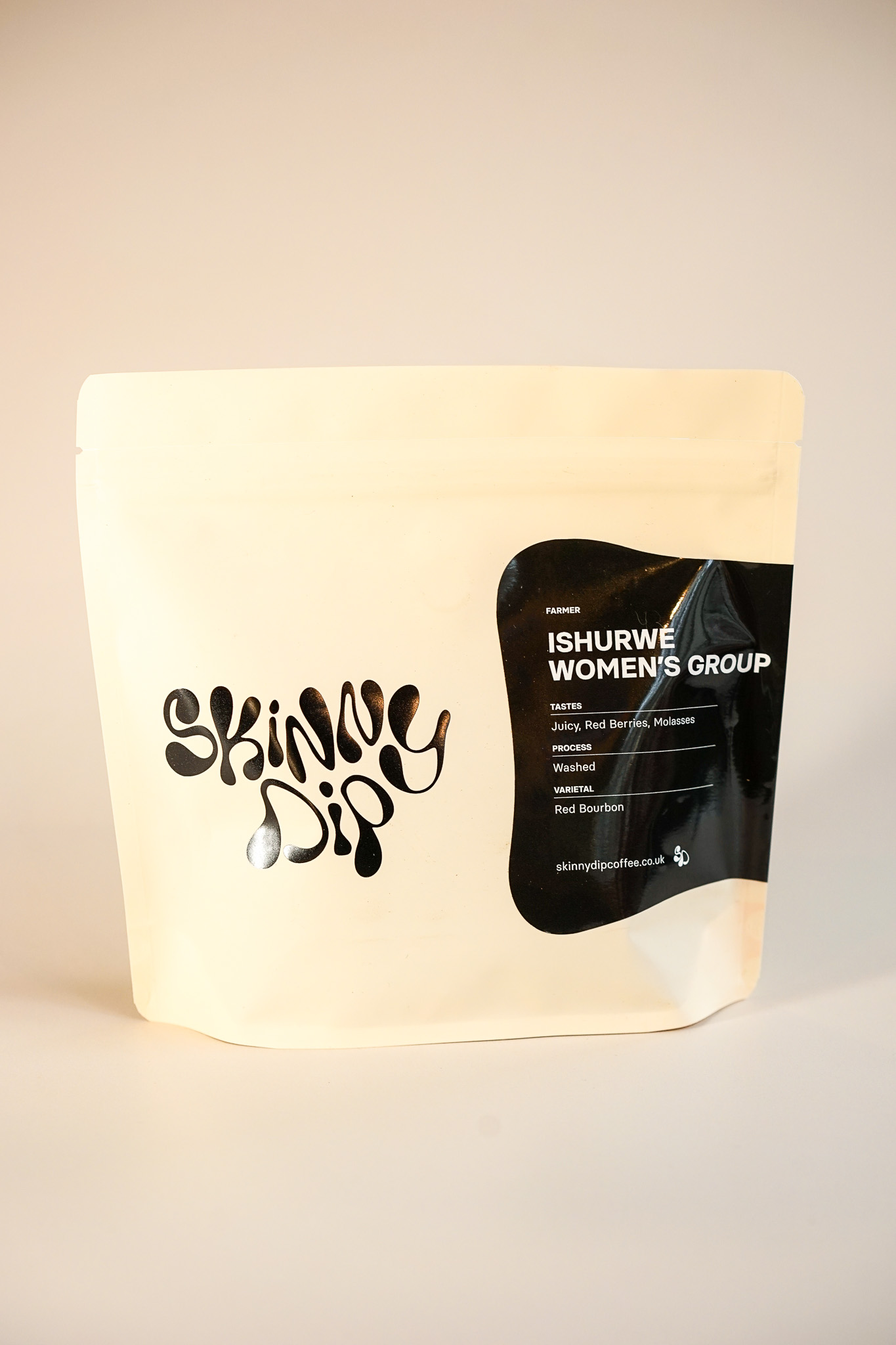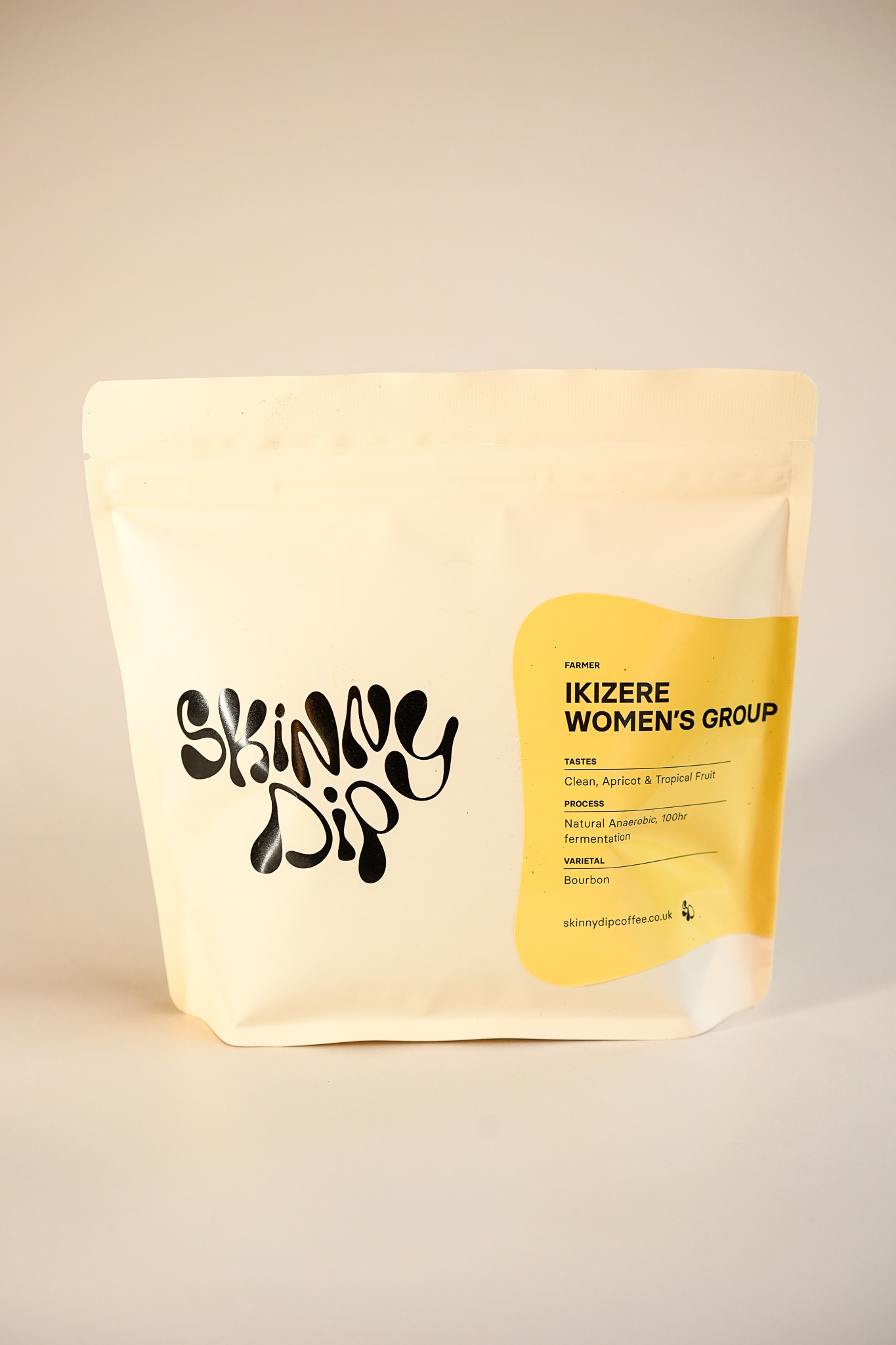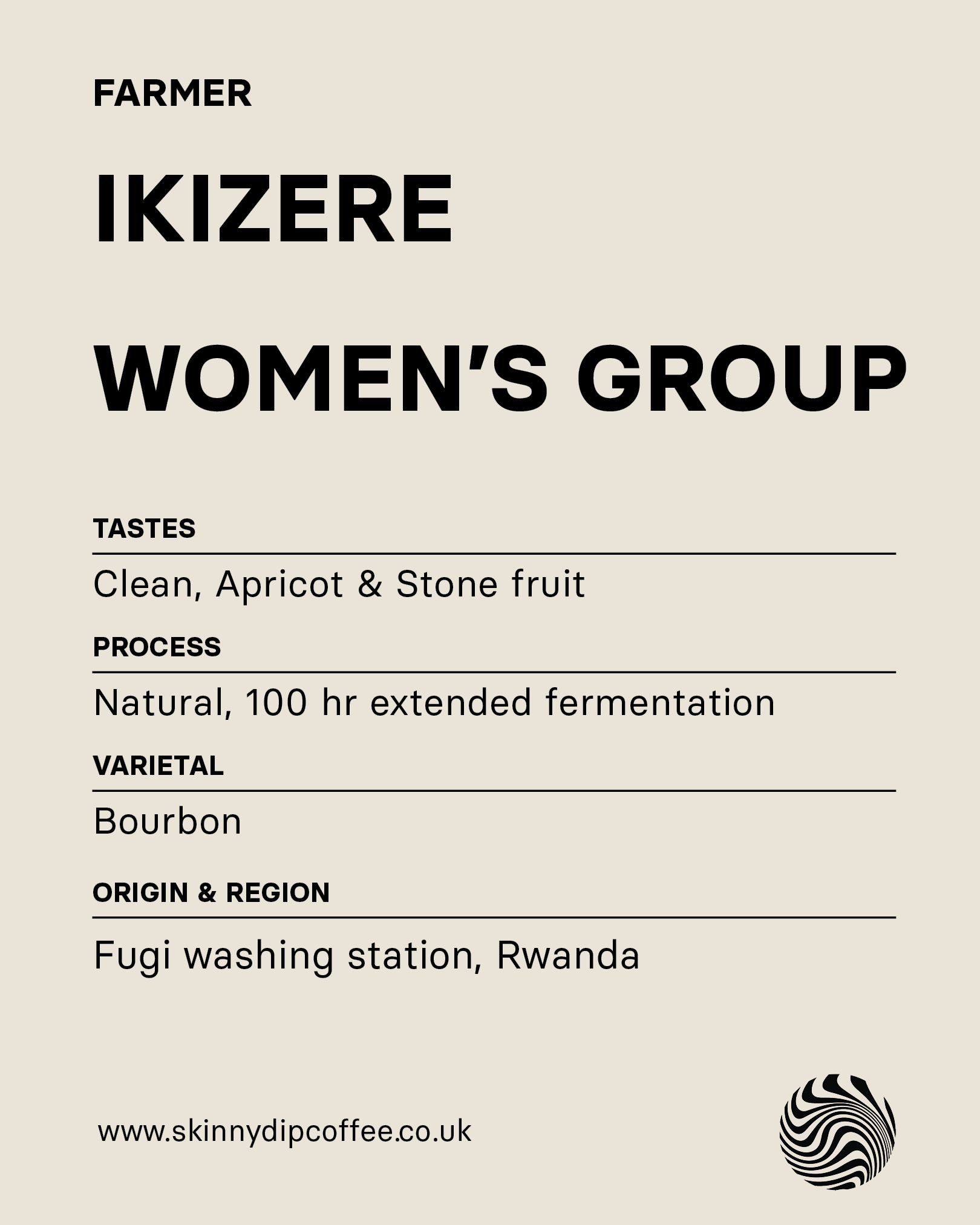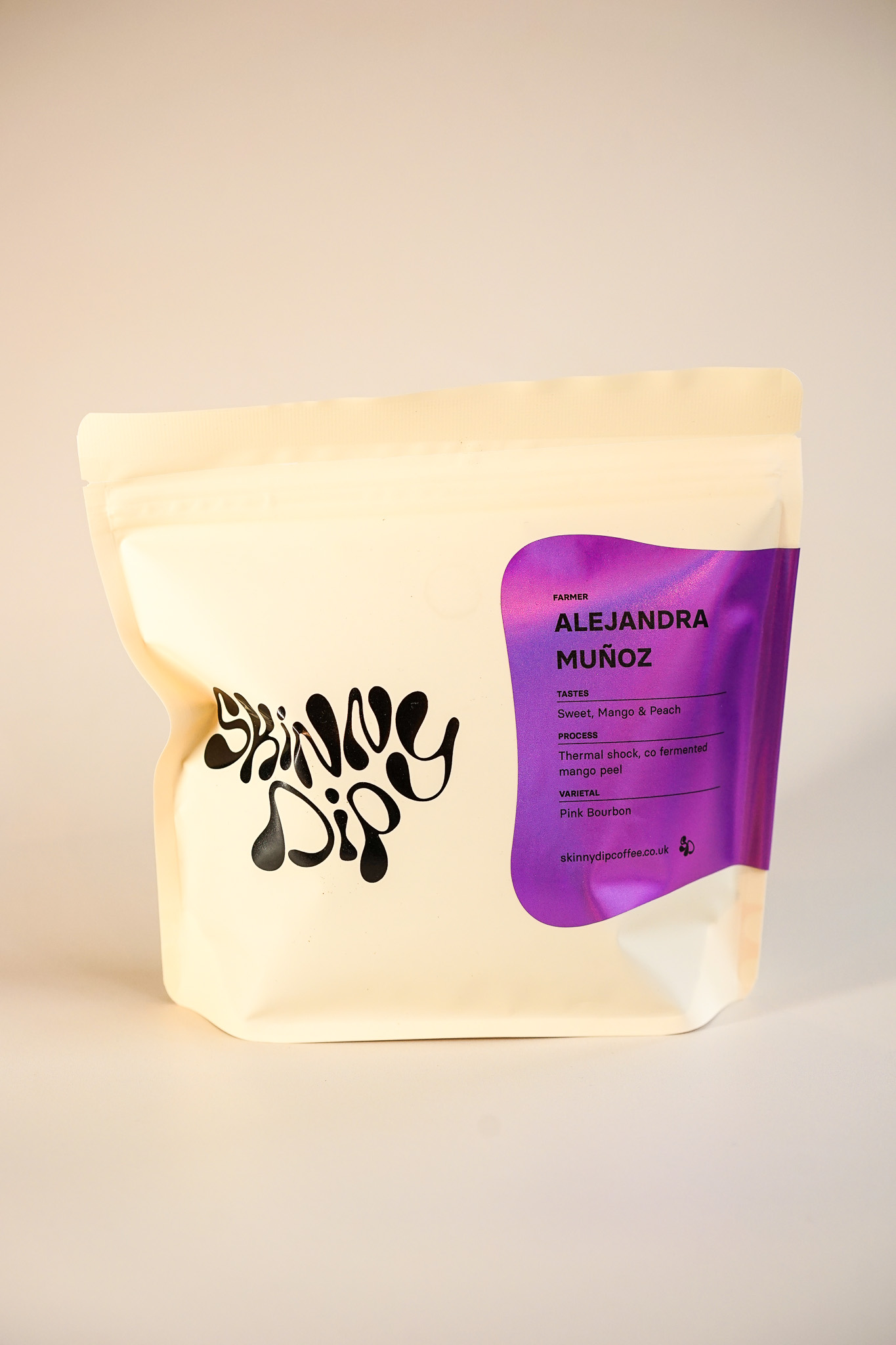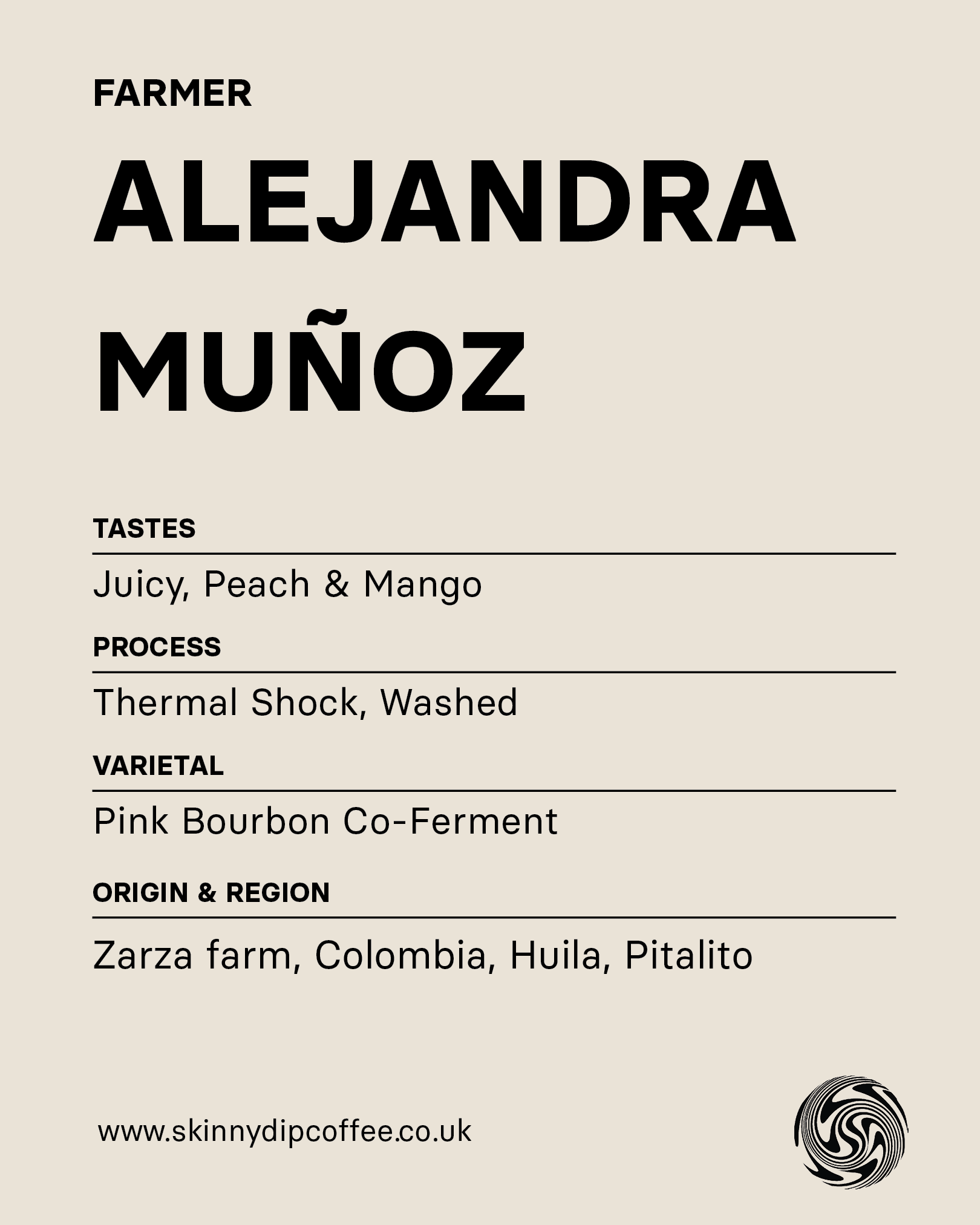

How does it work?
We curate our coffees into three distinct categories and price points. We invite you to choose your usual coffee, explore what coffee can taste like with a curious subscription or brew up some impossibly good coffee.
When will I get my coffee?
The cutoff point for orders will be the 25th of each month. Deliveries will commence in the first week of every month. Please choose your bag size at the checkout stage.
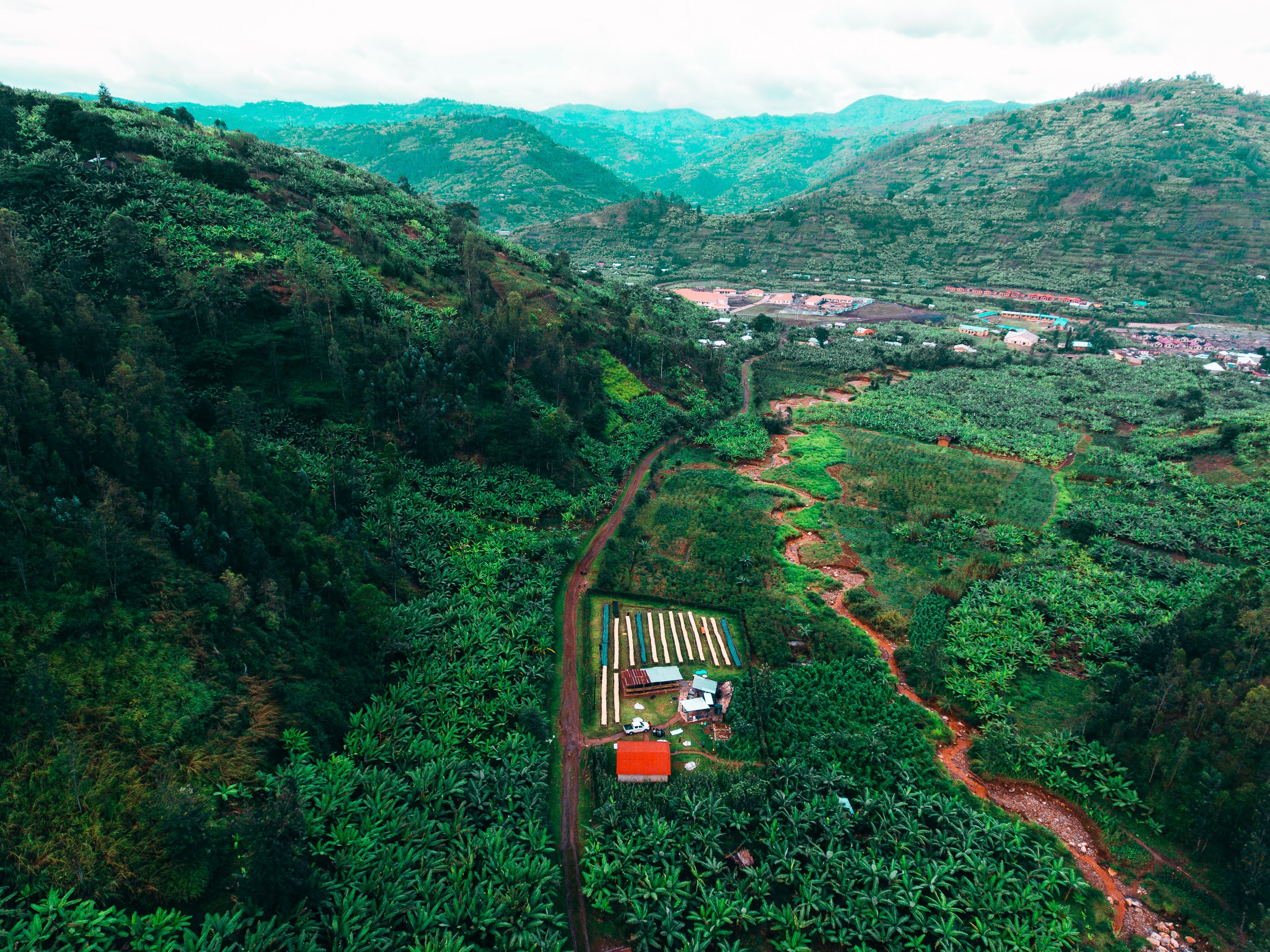
USUAL
Sometimes you just need coffee and fast, but it needs
to be good. This is it.
What can usual customers expect from this subscription?
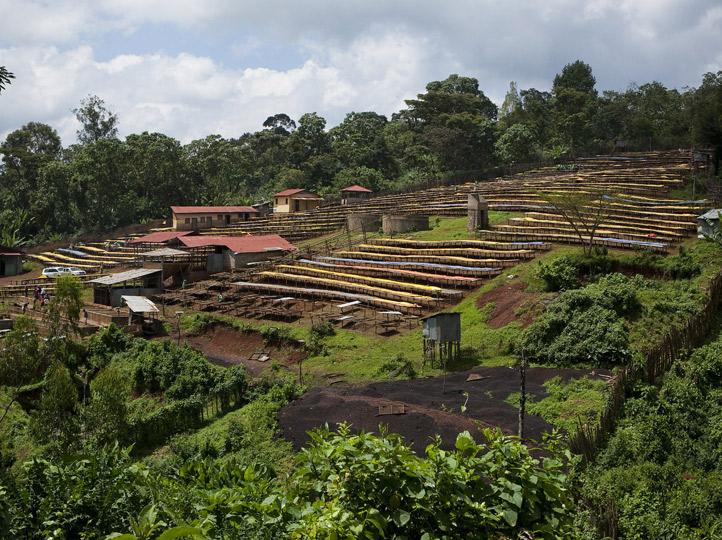
CURIOUS
Why does my coffee taste like this?
There are so many variables and hotly debated answers to this question. For those peeking above the ramparts here
is where we will attempt to bring you a selection of coffees where farmers and producers use both time honoured and
innovative new techniques to bring out a wide and exciting range of flavours.
What is anerobic fermentation?
All fermentations are by definition anerobic. This can be easily thought of
as a low oxygen environment. Long fermentations, such as demonstrated
here, require tight controls over
conditions to ensure a quality product.
The chemical breakdown of the yeast
and bacteria over such a long time can lead to incredible cup qualities, with
often unusual and clear flavour notes.

IMPOSSIBLE
Ready to brew up some impossible coffee?
Not every coffee makes it past the cupping table. What makes a coffee great? We've got some ideas. These
coffees simply represent the best coffee that we can find. Alejandras innovative thermal shock technique employed
at Zarza farm is just part of what makes this coffee so special.
Alejandra's story provided by Cata Coffee Exports
Alejandra Muñoz is a young woman
from Brussels-Pitalito, located in the
mountains of the south-east of the department of Huila in Colombia.
Alejandra is a 26-year-old girl who is
proud of the path that she has just
begun to travel in the world of coffee.
As a child, the trade she learned
was carpentry, very far from coffee,
even living in the department where
this product is most produced.
Her father was a carpenter and it was
the activity with which he earned his
daily livelihood to maintain the home. Alejandra, although she did not
dedicate herself to it since as a woman she had to dedicate herself more to household activities with her mother and her study.
In one way or another she obtained basic knowledge of this profession, which although she would not dedicate herselfto it if they were useful for the rest of his life.
At the age of 16, she meets Jhonatan Gasca, who is currently her husband (a well-known coffee producer from the
Zarza farm). capital or follow in his
family's footsteps in the world of coffee.
In the end, the relationship between
these young people continued and their first son Thiago arrived, with which he would at least define and stay to live in Brussels raising a family.
When Alejandra's parents became pregnant, they decided not to support Jhonatan with the study payments. These were not good times either, so one day it occurred to them to sell
some hamburgers to their close
friends and family in this way to earn
a living,since there would already be 3 mouths to feed.
Not wanting to stay at home without
doing anything, she decided to support
her husband on the subject of coffee
"what little I have learned I owe it to my husband who is truly passionate about coffee and has given me the confidence toenter this industry, that little by little
I begin to fall in love "... Says Alejandra.
The Zarza farm, which has more than 6 hectares and is located at 1,540 meters above sea level in the municipality of Pitalito, has different varieties and currently they have opted to also enter
the world of specialty coffees.
Family work, respect, and the love that
one has in this work, make the Zarza
farm continue to grow and position
itself as producers of quality coffees
and although they are clear that there
is along way to go, they are very proud
of the value of their coffee.
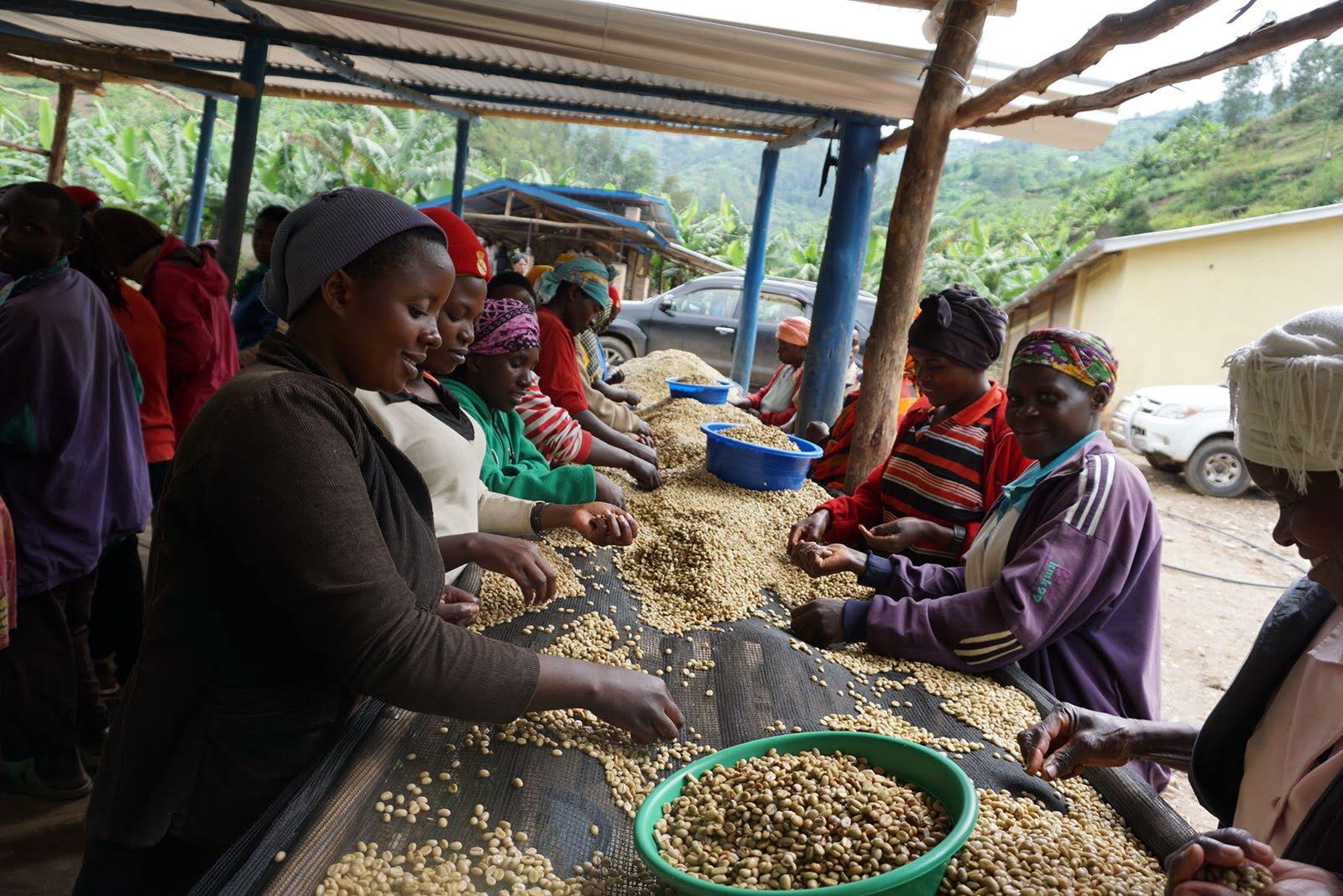
WHY SUPPORTING WOMEN IN COFFEE MATTERS
Would you do 70% of the work for 20% of the money?
In 2018 research carried out by the International Coffee Organisation showed that women have systematically lower access to resources, such as land, credit and information, than men.
We believe that the empowerement of women in the coffee supply chain will greatly improve gender equality and play a significant role in securing the future of coffee.
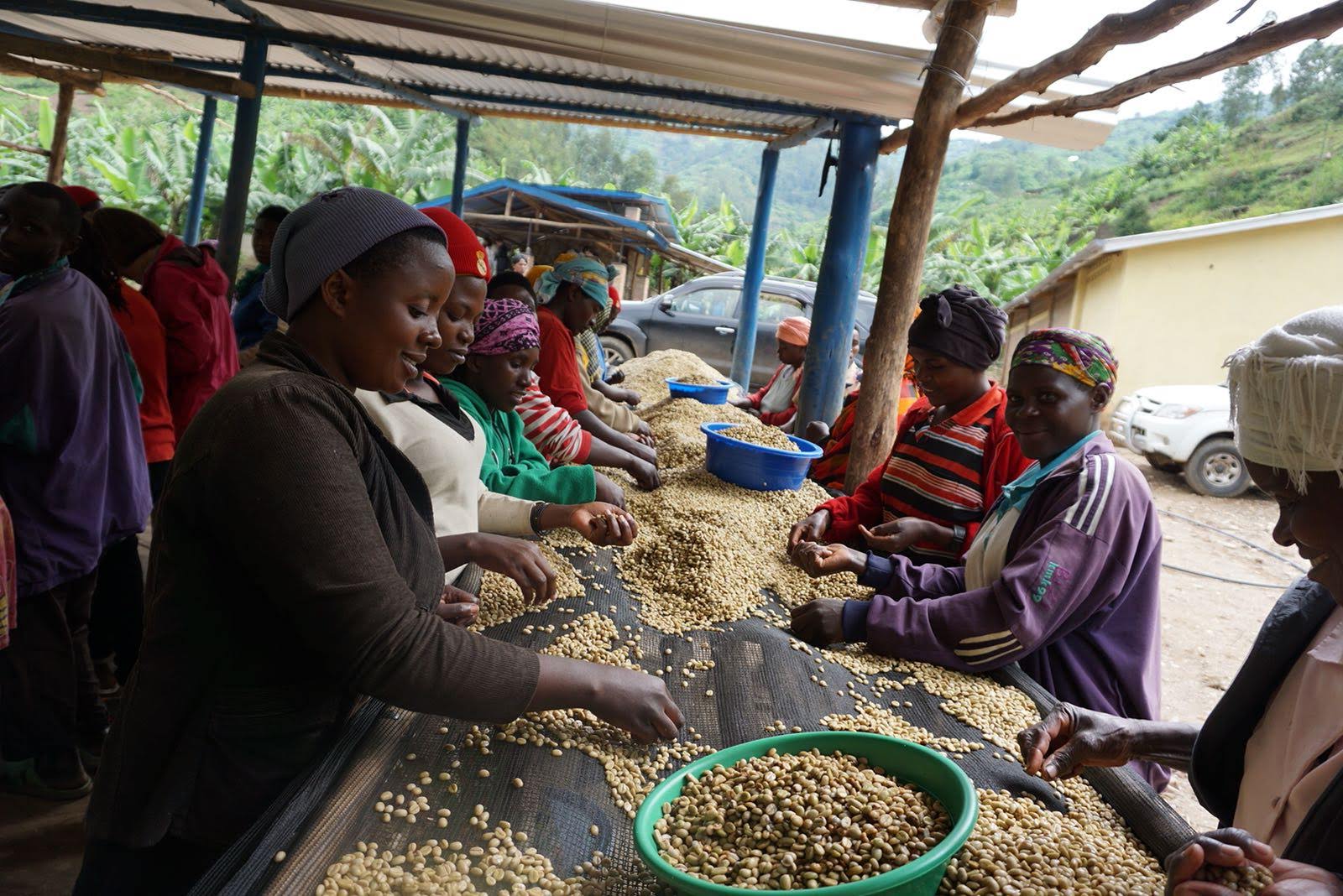
WHY SUPORTING WOMEN IN COFFEE MATTERS
Would you do 70% of the work for 20% of the money? In 2018 research carried out by the World Bank indicated that women in the coffee belt were far less likely to be landowners than men etc etc
Would you do 70% of the work for 20% of the money? In 2018 research carried out by the World Bank indicated that women in the coffee belt were far less likely to be landowners than men etc etc

